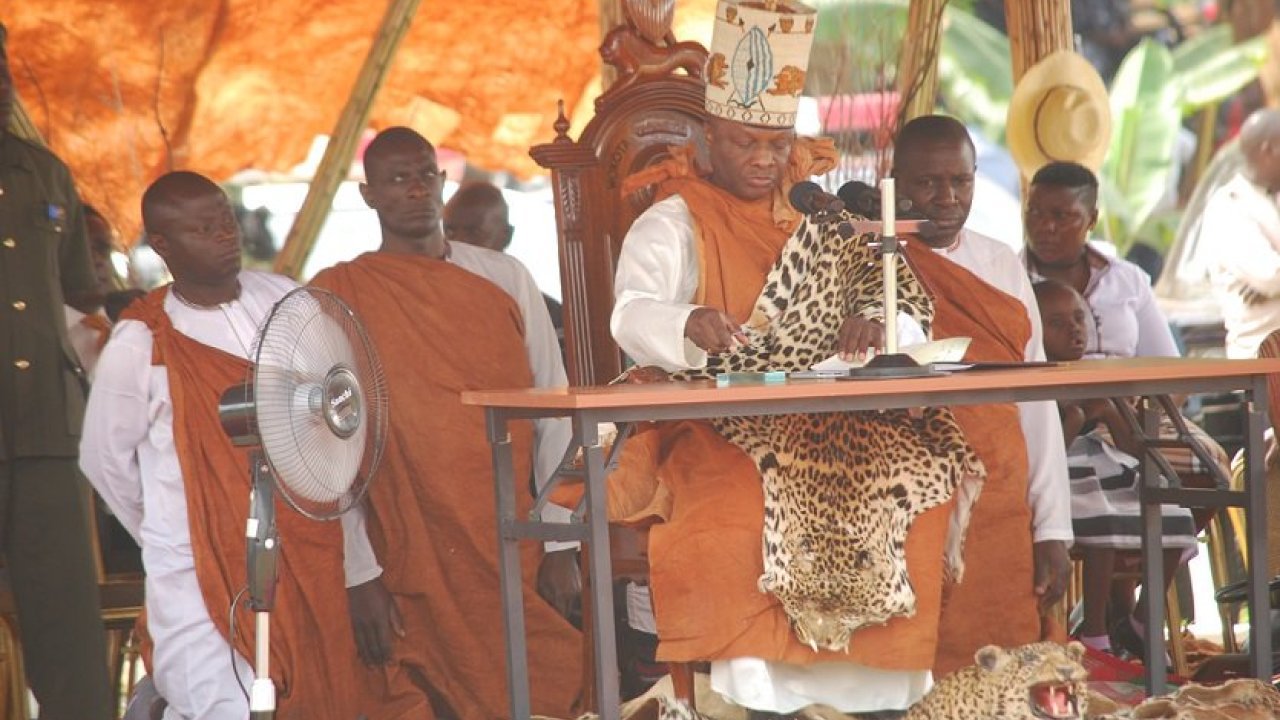Opinions
Gertrude Kamya Othieno: Buganda and the Uganda State: A study in power, decline, and identity
This reflection is inspired by John Mary Odoy’s article, “No Buganda, No Uganda” (22 March 2025), in which the senior citizen and advocate for good governance raised concern over what he perceives as attempts to erase Buganda from Uganda’s national map, physically, politically, and symbolically. Odoy’s sentiments echo a growing unease among many Baganda who feel that the kingdom’s identity, once central to Uganda’s formation, has been gradually eroded through legal, administrative, and cultural shifts.
The story of Buganda is one of complex evolution, of power gained through diplomacy and strategy and of influence lost through manipulation, conflict, and constitutional redesign. Once the most dominant kingdom in the region, Buganda now finds itself grappling with a deep identity crisis. Its marginalisation is not a mere cultural grievance but the cumulative effect of shifting alliances, imposed state structures, and changing political landscapes. The rise of the international state system in the 19th and 20th centuries further disrupted indigenous governance models, replacing organic political formations like Buganda with centralised states that often suppressed local autonomy.
Founded in the 14th century under Kato Kintu, Buganda rapidly grew into a centralised monarchy. Its organised clan system, administrative hierarchy, and naval dominance on Lake Victoria positioned it as a precolonial powerhouse. By the 19th century, Buganda had developed diplomatic sophistication, exemplified by Kabaka Muteesa I’s 1875 letter to Queen Victoria, inviting missionaries to Buganda in a bid to balance competing religious and political interests.
The 1900 Buganda Agreement formalised Buganda’s special status under British indirect rule. Chiefs were granted mailo land and administrative powers, effectively integrating Buganda into the colonial framework as a privileged partner. However, this alliance was uneasy. The British viewed Buganda as both a strategic ally and a potential rival. Tensions escalated in 1953 when Kabaka Edward Muteesa II rejected British plans for an East African federation. His exile triggered public protests and a constitutional crisis, resulting in his eventual reinstatement in 1955.
At independence in 1962, Buganda once again played kingmaker. A fragile alliance was struck between Muteesa, appointed ceremonial President, and Prime Minister Milton Obote. However, disputes over federal autonomy led to a complete breakdown in 1966, when Obote ordered a military assault on the Kabaka’s palace, forcing Muteesa into exile. The 1967 Constitution abolished kingdoms and dissolved Buganda’s political status.
Although President Museveni reinstated cultural kingdoms in 1993, Buganda’s kabakaship returned without constitutional power. Its demands for federalism have remained unaddressed, and its influence continues to wane. Kampala, the historical and cultural capital of Buganda, has been reclassified as a national territory, weakening Buganda’s territorial coherence.
Recent efforts to reform the mailo land tenure system, coupled with demographic shifts and policy changes, have fuelled further anxieties. Luganda’s diminished role in national communication, the lack of formal recognition of Buganda’s territorial boundaries, unlike other regions, and the declining visibility of the kingdom in state narratives contribute to a growing sense of symbolic displacement
Today, Buganda is neither sovereign nor politically secure. While its cultural institutions remain active, its former centrality in Uganda’s political architecture has been fragmented. Odoy’s warning, then, is not merely nostalgic; it is a call to engage with the unfinished business of reconciling nationhood with history.
This is not a sectarian argument but a historical reflection on how modern state-building, in pursuit of unity, can obscure foundational identities. Buganda’s trajectory offers a case study in negotiating cultural survival in the face of political centralisation. As Uganda continues to redefine itself, recognising the historical contribution and current aspirations of Buganda may be essential for a truly inclusive future.
The Author: Gertrude Kamya Othieno | Political Sociologist in Social Development (Alumna London School of Economics/Political Science) | Email: gkothieno@gmail.com
Comments























